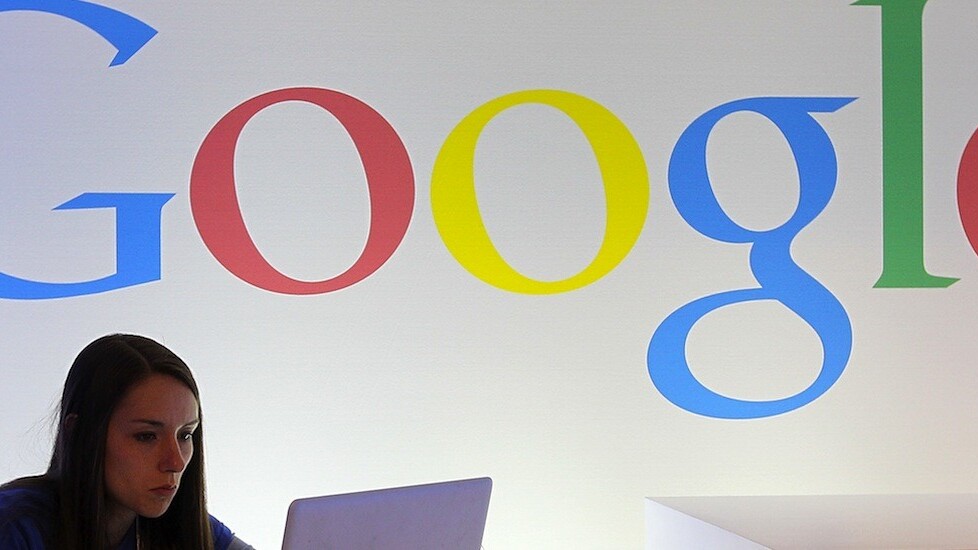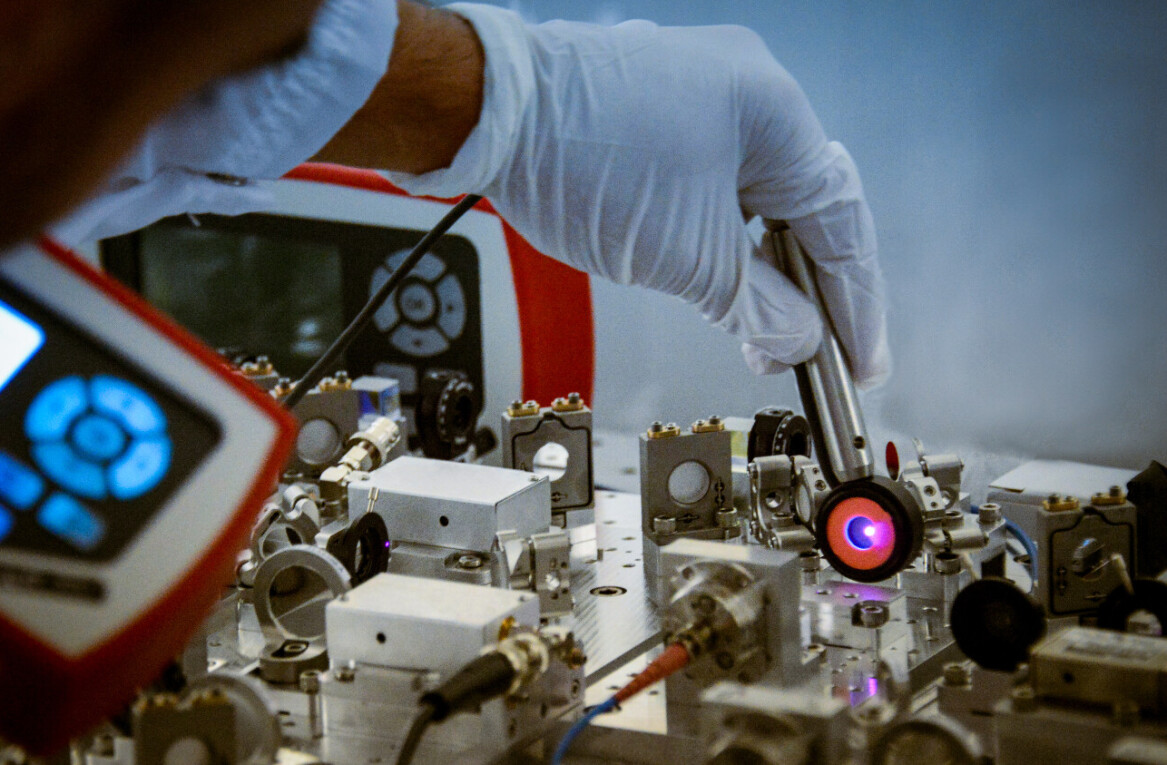
Google revealed today that it has been putting more than 200 people to work in the last three months to develop new technologies to block Internet search results linked to child porn, after UK Prime Minister David Cameron in June demanded Google and other Internet giants to get rid of child abuse images online.
Writing in British newspaper Daily Mail, Google’s executive chairman Eric Schmidt reveals that the search giant has finetuned its algorithms to clean up the results for more than 100,000 queries that might be related to the sexual abuse of children.
The changes will be rolled out in more than 150 languages, “so the impact will be truly global,” Schmidt says.
The Daily Mail notes that Microsoft, which operates Bing and powers Yahoo, will also confirm at a Downing Street summit on Internet pornography later today that it will roll out similar restrictions.
However, Schmidt warns in his piece that “there’s no quick technical fix when it comes to detecting child sexual abuse imagery” — as an algorithm won’t be able to differentiate between innocent pictures of kids at bathtime and genuine abuse. He explains:
So we always need to have a person review the images.
Once that is done – and we know the pictures are illegal – each image is given a unique digital fingerprint.
This enables our computers to identify those pictures whenever they appear on our systems. And Microsoft deserves a lot of credit for developing and sharing its picture detection technology.
To address how the filming of crimes is on the uptake, Schmidt says that Google’s engineers at YouTube have also come up with a new technology to identify such videos. The technology allows illegal videos to be ‘tagged’ so that all duplicate copies can be removed, and it’s already being tested — so it could hopefully available by next year to other Internet firms and child safety organizations.
Google will also start displaying warnings from both itself and charity organizations at the top of its search results for more than 13,000 queries, which inform users that child sexual abuse is illegal and tell them where to get help.
Headline image via Justin Sullivan/Getty Images
Get the TNW newsletter
Get the most important tech news in your inbox each week.




